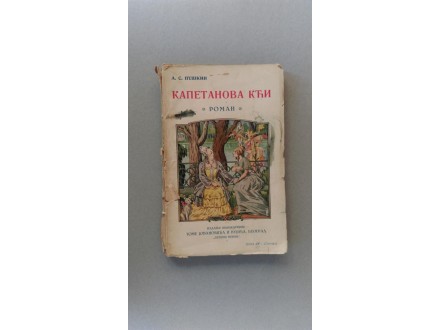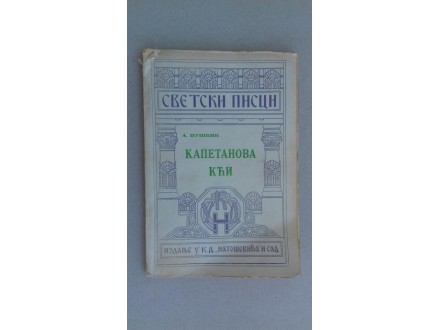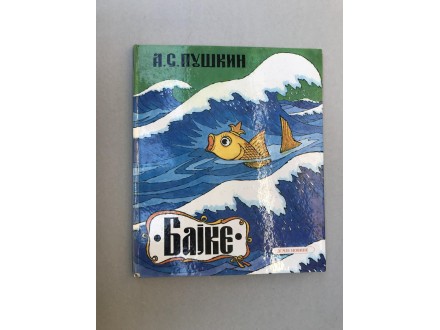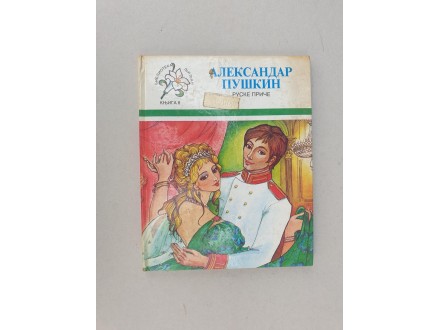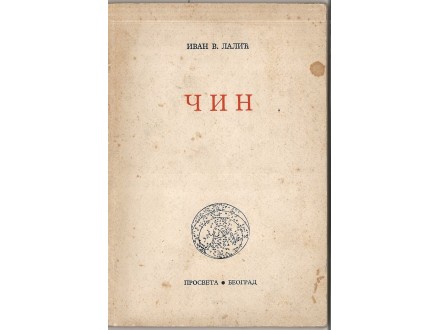Ponuda "Gnev i vreme Peter Sloterdijk" je arhivirana
Gnev i vreme - Peter Sloterdajk
3.700 din.
Gnev i vreme, Peter Sloterdijk
2.300 din.
Gnev i vreme - Peter Sloterdijk
1.695 din.
GNEV I VREME - Peter Sloterdijk
1.990 din.
Plodovi gneva - Dzon Stajnbek
1.199 din.
Kapetanova kci - Aleksandar Puskin 1926 god.
1.490 din.
Pushkin: Everyman`s Poetry, Puskin
990 din.
Drame, poeme, pesme - Puškin
990 din.
Na Drini ćuprija Ivo Andrić
250 din.
Gnev i vreme - Peter Sloterdajk
3.700 din.
Gnev i vreme, Peter Sloterdijk
2.300 din.
Gnev i vreme - Peter Sloterdijk
1.695 din.
GNEV I VREME - Peter Sloterdijk
1.990 din.
GNEV I VREME - Peter Sloterdijk
2.200 din.
Plodovi gneva - Dzon Stajnbek
1.199 din.
Kapetanova kci - Aleksandar Puskin 1926 god.
1.490 din.
Pushkin: Everyman`s Poetry, Puskin
990 din.
Drame, poeme, pesme - Puškin
990 din.
Na Drini ćuprija Ivo Andrić
250 din.








